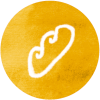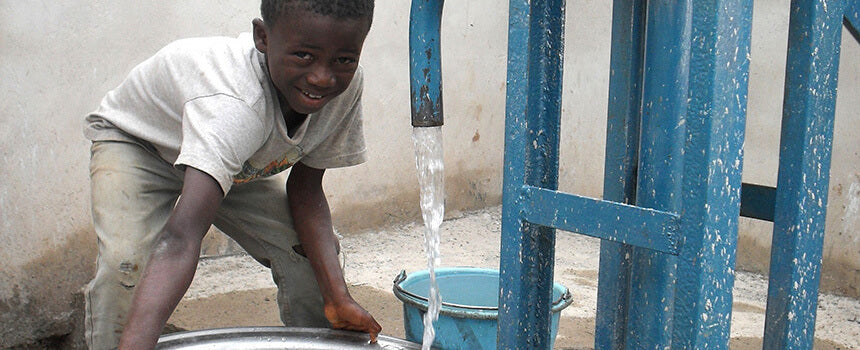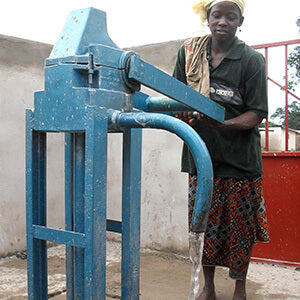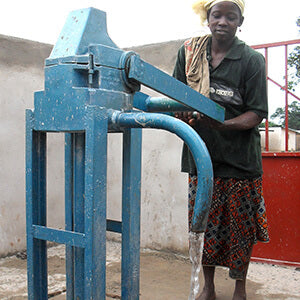Day 8
Two liters of well water per day for one person in Ivory Coast
 Be a child again - go to school instead of traveling many kilometers to clean drinking water
Be a child again - go to school instead of traveling many kilometers to clean drinking water


Water pumps for the rural population of Ivory Coast

need
Clean drinking water for the population in rural areas of Côte d’Ivoire.
activity
Habitat for Humanity repairs broken water pumps that provide clean drinking water and drills new wells.
Measurable performance
A water pump provides clean drinking water, which can provide up to 280 people with 20 liters of water each per day.
Result
The pumps work reliably. People have clean drinking water and are healthier and more productive.
Systemically relevant impact
Many children can go to school instead of having to travel many kilometers to fetch water. Their health and educational level improve.
background


The good deed
AboutIvory Coast
Yamoussoukro
Capital city
22 701 600
Population
1 325 USD
Gross domestic product
per capita per year
172
Human Development Index
(Human Development Index)


